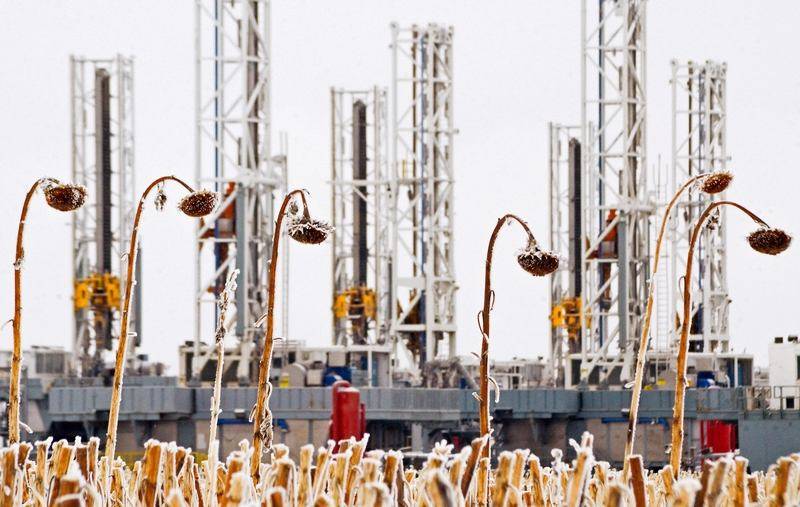California (Reuters): California will block the transportation through its state of petroleum from new offshore oil rigs, officials told Reuters on Wednesday, a move meant to hobble the Trump administration’s effort to vastly expand drilling in US federal waters.
California’s plan to deny pipeline permits for transporting oil from new leases off the Pacific Coast is the most forceful step yet by coastal states trying to halt the biggest proposed expansion in decades of federal oil and gas leasing.
Officials in Florida, North and South Carolina, Delaware and Washington, have also warned drilling could despoil beaches, harm wildlife and hurt lucrative tourism industries.
“I am resolved that not a single drop from Trump’s new oil plan ever makes landfall in California,” Lt. Governor Gavin Newsom, chair of the State Lands Commission and a Democratic candidate for governor, said in an emailed statement.
The commission sent a letter on Wednesday to the U.S. Interior Department’s Bureau of Ocean Energy Management (BOEM) urging the bureau’s program manager Kelly Hammerle to withdraw the draft proposal, saying the public did not have an adequate opportunity to provide input on the plan.
”It is certain that the state would not approve new pipelines or allow use of existing pipelines to transport oil from new leases onshore,” the commission wrote in the letter seen by Reuters.
California has clashed repeatedly with President Donald Trump’s administration over a range of other issues since last year, from climate change to automobile efficiency standards to immigration.
The Interior Department last month announced its proposal to open nearly all U.S. offshore waters to oil and gas drilling, sparking protests from coastal states, environmentalists and the tourism industry.
Governors from nearly every US coastal state except Alaska and Maine expressed opposition, and even Alaska’s governor requested sensitive areas be removed.
The proposal also comes amid low US oil industry demand for new offshore leases, as drillers focus on cheaper and highly-productive wells onshore that have pushed US production over 10 millions barrels per day for the first time since 1970.
Heather Swift, spokeswoman for Secretary of the Interior Ryan Zinke, said developing the five-year plan for offshore oil and gas leases is “a very open and public process.”
“Secretary Zinke looks forward to meeting with more Governors and other coastal representatives who want to discuss the draft program,” she said, adding the bureau “has planned 23 public meetings, in our coastal states, to secure feedback directly from citizens.”
In an interview on Tuesday, William Brown, the Bureau of Ocean Energy Management’s chief environmental officer, said state input is taken seriously, and has resulted in past drilling plans being scaled back. He said the approval process would take two years and include an environmental review.


